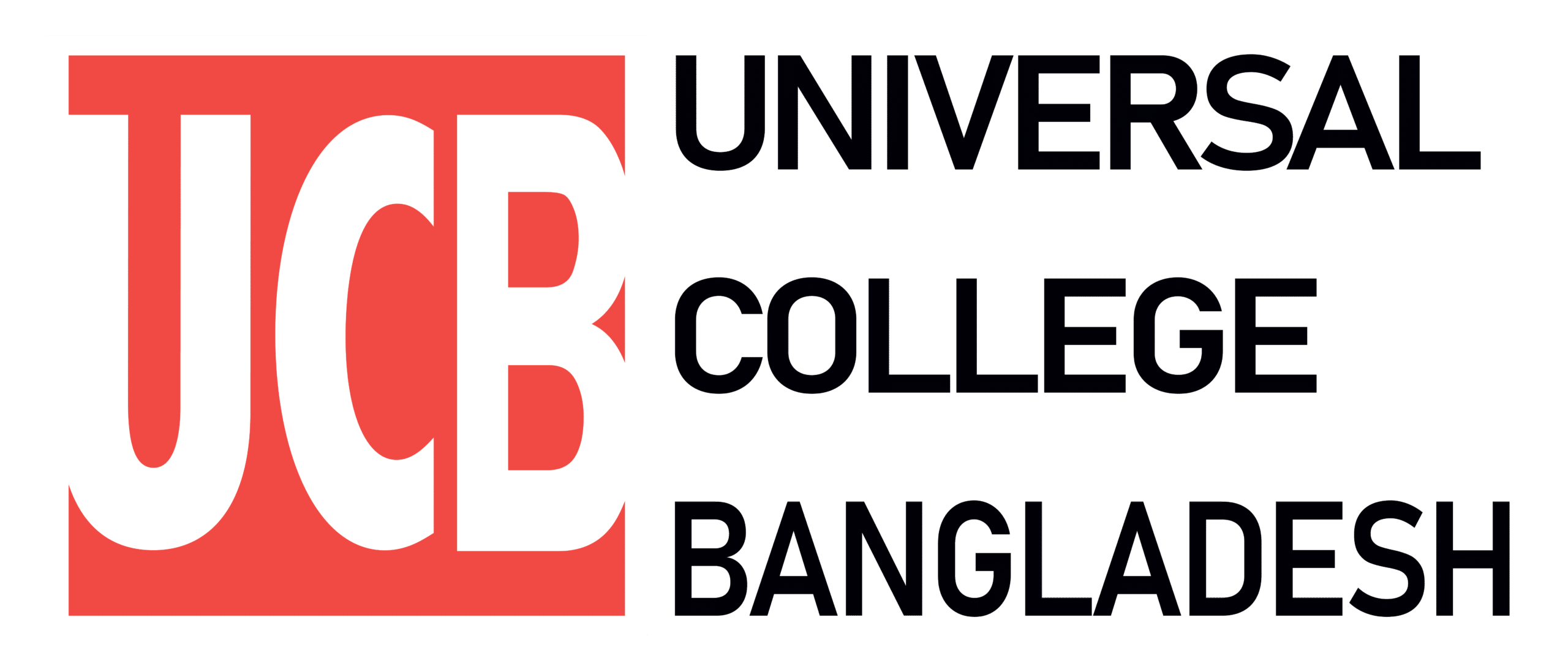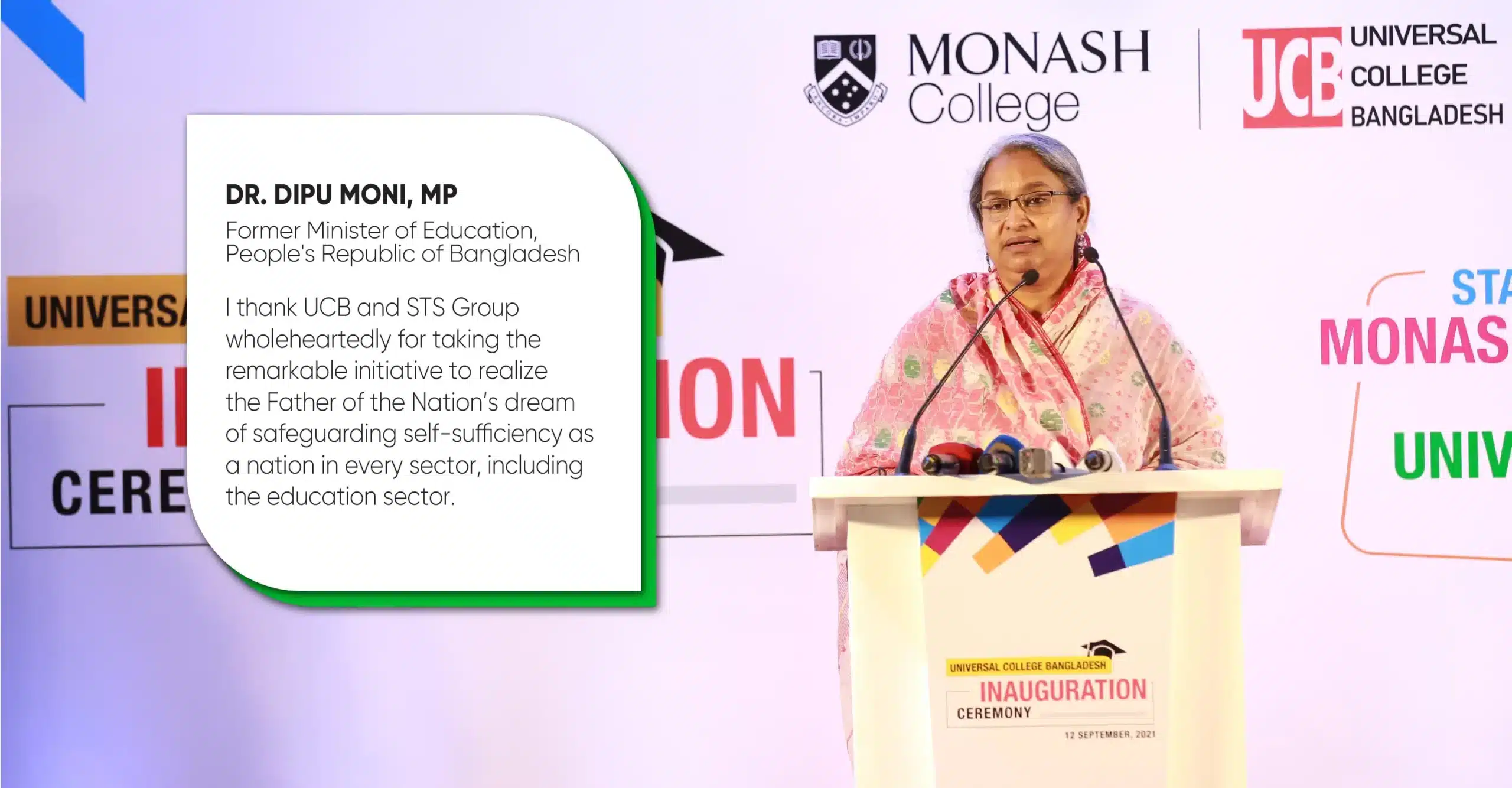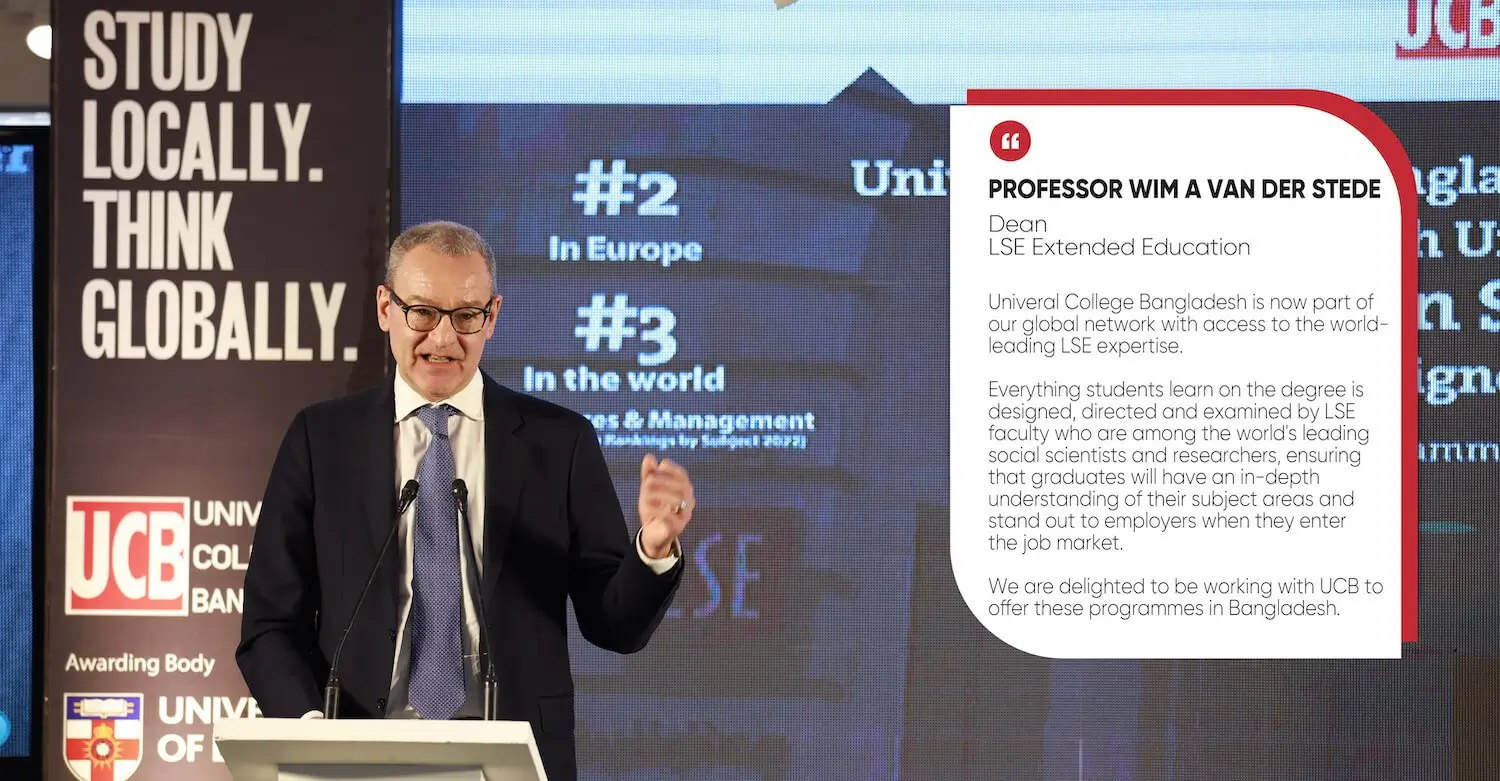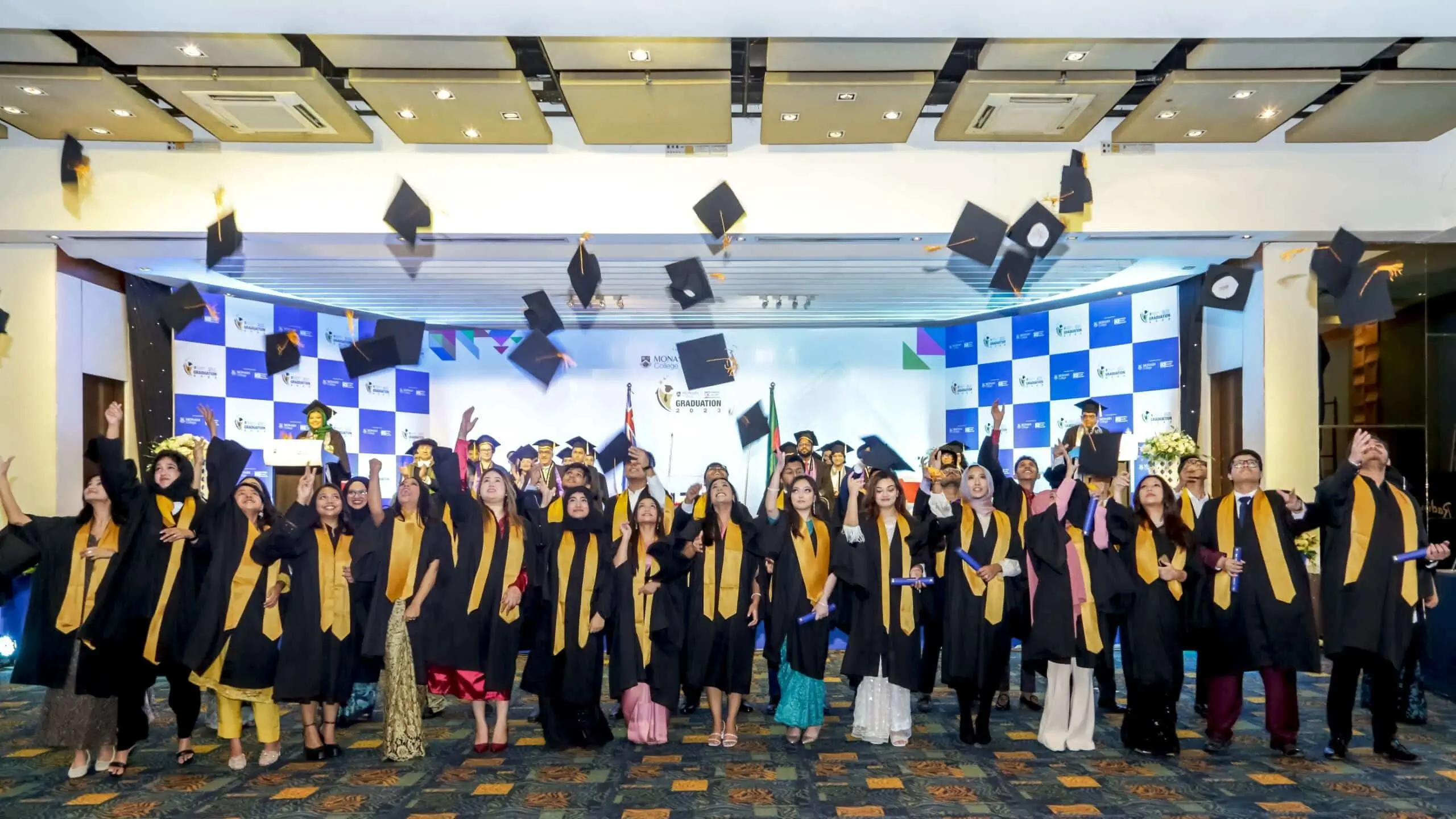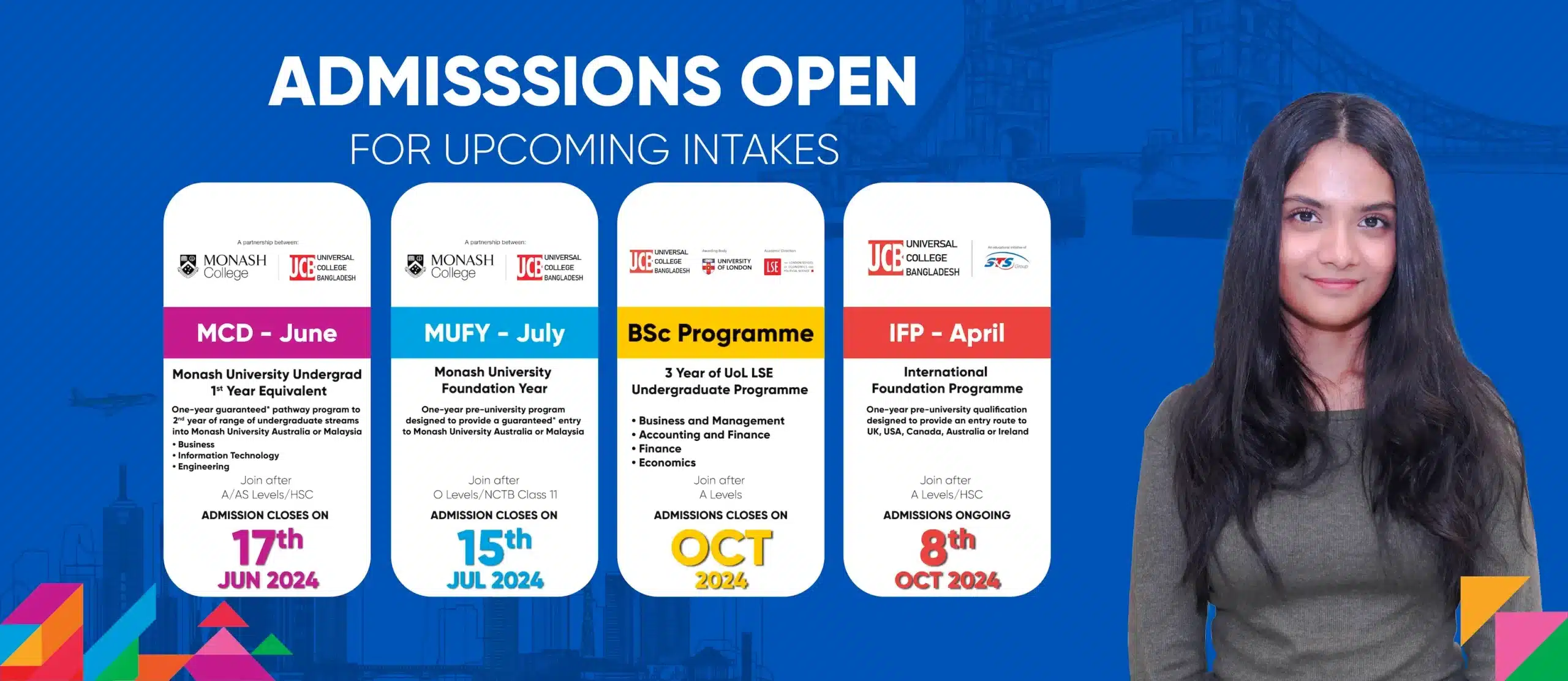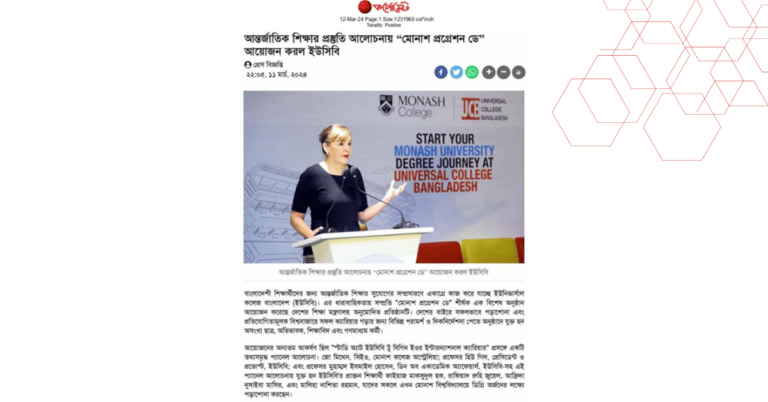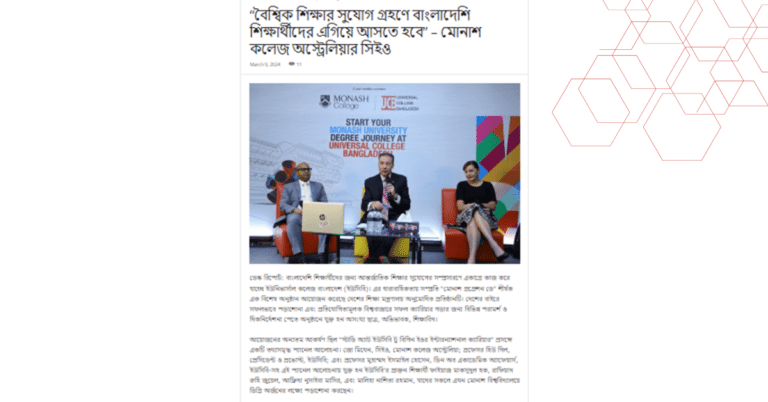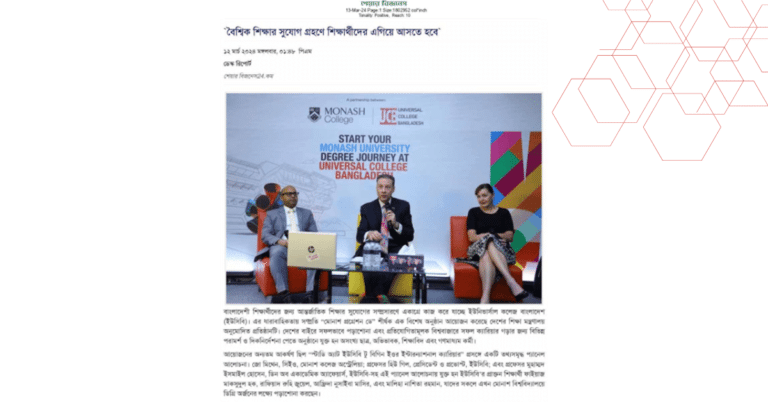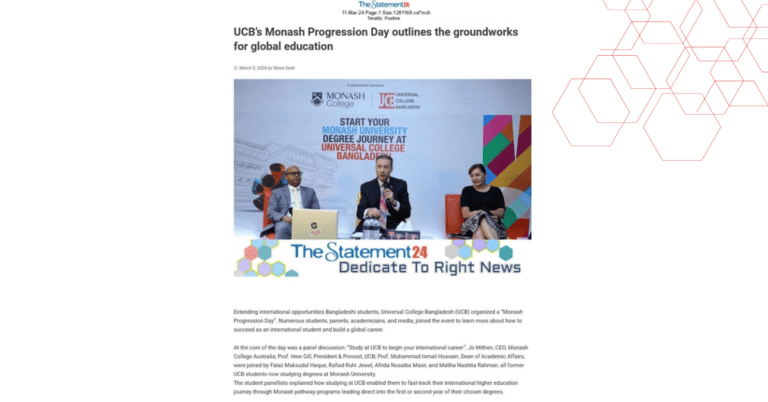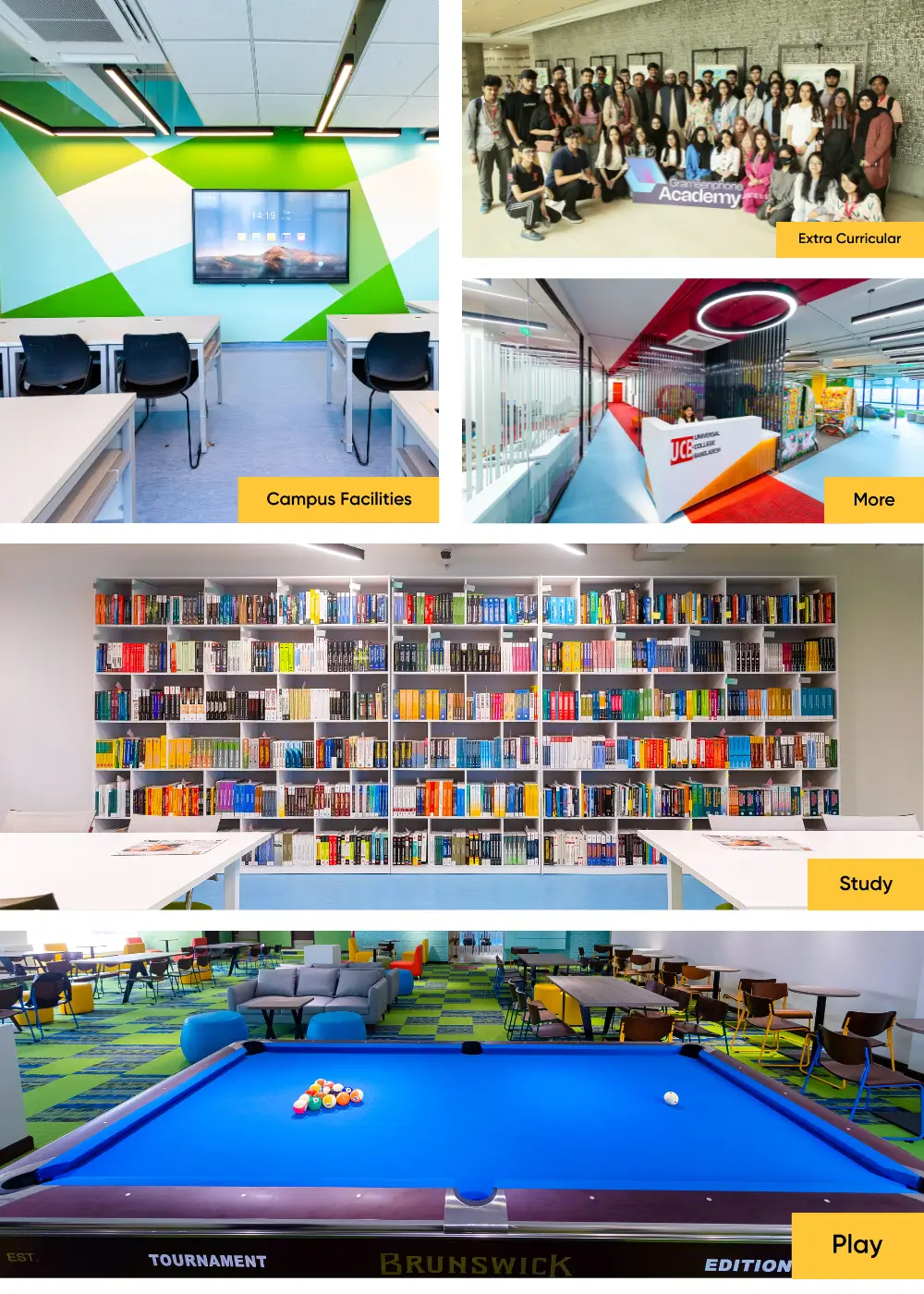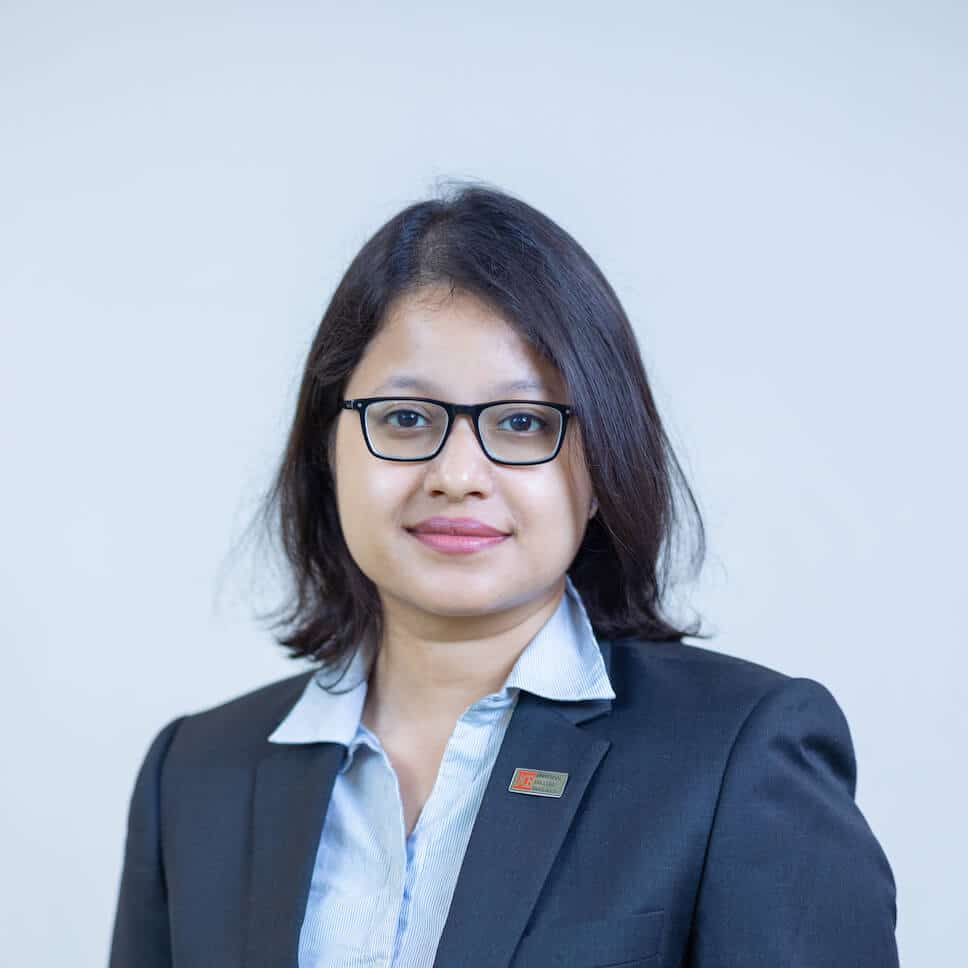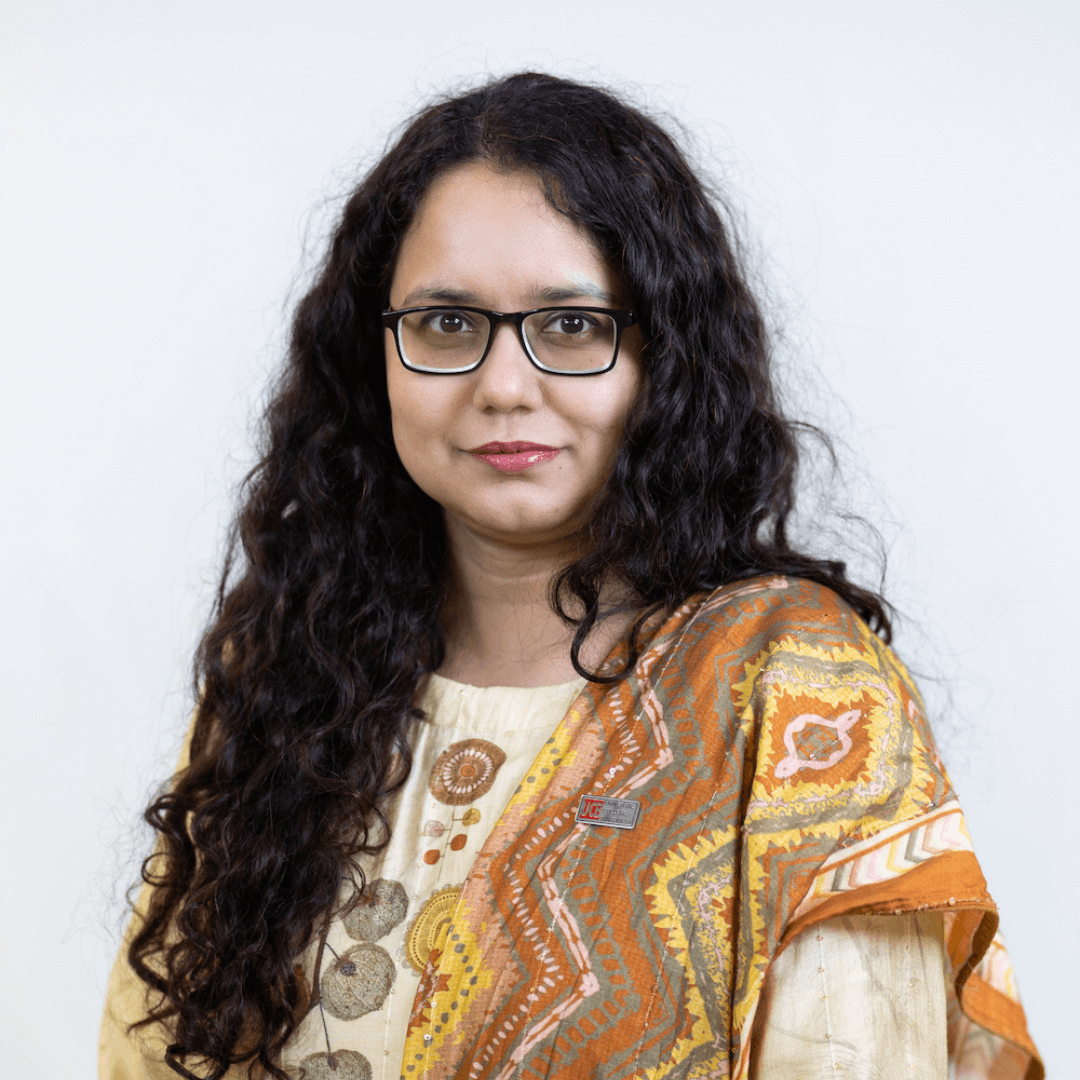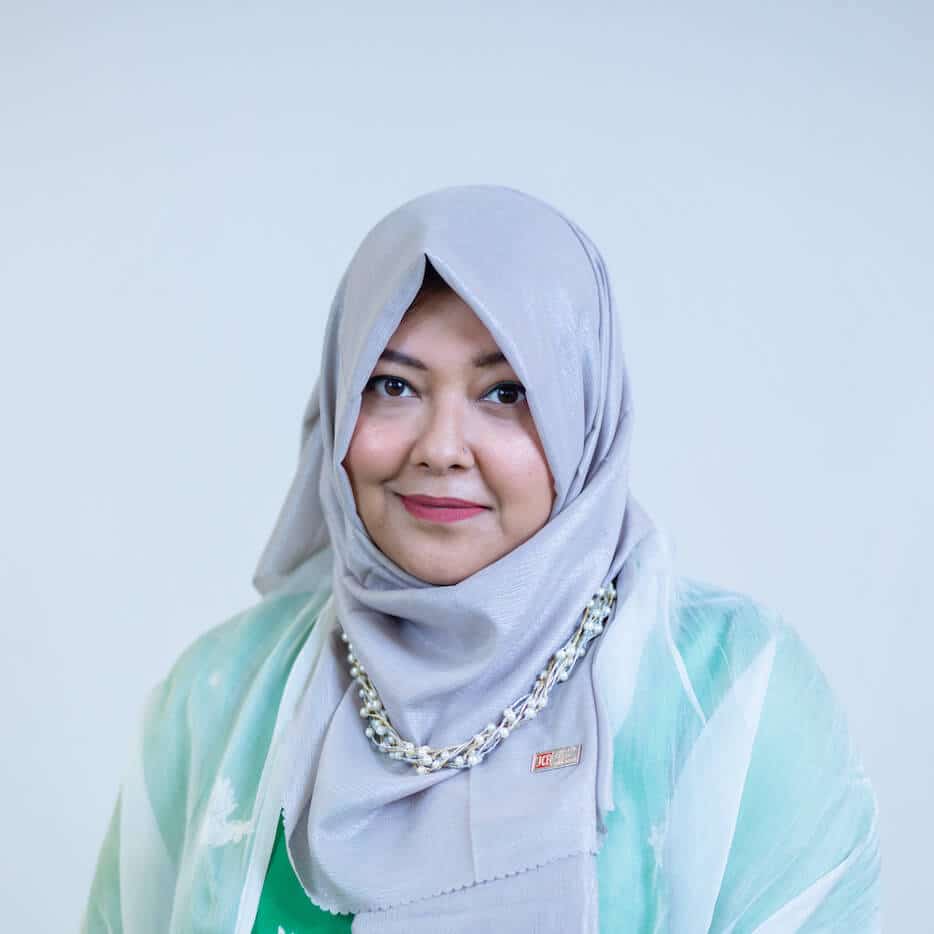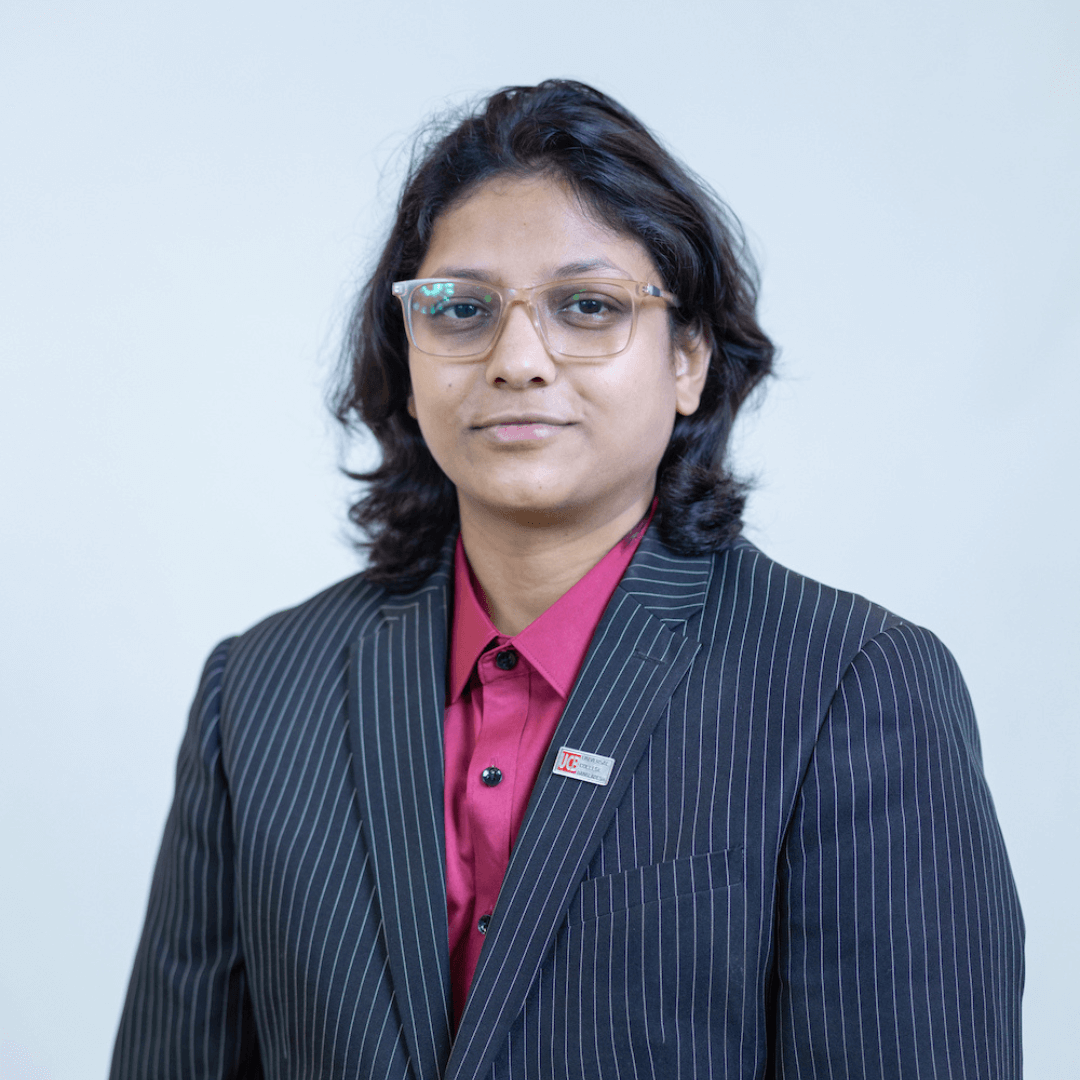Welcome to UCB
Universal College Bangladesh (UCB) is Bangladesh’s premier transnational education institute providing world-class affordable international education. UCB is the first Ministry of Education approved international education provider in Bangladesh.Universal College Bangladesh is committed to delivering best-in-class learning experiences and empowering our students to develop the competencies and skills they need to thrive in the real world.
University of London – LSE EMFSS Programs
Study with the University of London under the academic direction of LSE – London School of Economics and Political Science at Universal College Bangladesh (UCB), Earn a degree in any of the following disciplines: BSc Accounting and Finance, BSc Business and Management, BSc Economics and BSc Finance.
Monash University Foundation Year
The Monash University Foundation Year is a pre-university program with proven success in preparing students for Monash University. As a Foundation Year student, you’ll develop your academic and English skills to the level expected of Monash University students, while studying subjects that prepare you for your future undergraduate course.
Monash College Diploma Programs
The UCB Advantage
Universal College Bangladesh (UCB) is where your academic journey transcends traditional boundaries. UCB is committed to offer you unique features and opportunities which set us apart.
We deliver a distinctive and globalized experience that enables you to transform into a confident and well-rounded learner who is fit for future.
World Top Ranked Programs
Vibrant Student Life
Global Alumni Network
Career Counseling and Employability Services
State-of-the-Art Learning Infrastructure
Highly Qualified Faculty with International Experience
The UCB Advantage
World Top Ranked Programs
Vibrant Student Life
Global Alumni Network
Career Counseling and Employability Services
State-of-the-Art Learning Infrastructure
Highly Qualified Faculty with International Experience
Message from the Pro Vice-Chancellor of the University of London
Talking About The Exclusive Partnership Between University Of London, Its Prestigious Member Institution – The London School Of Economics (LSE) And Universal College Bangladesh (UCB).
Professor Marry Stiasny
Pro Vice-Chancellor
International Teaching And Learning
University Of London
Message from the
CEO of Monash College
Talking About The Exclusive Partnership Between Monash College And Universal College Bangladesh (UCB).
Ms. Jo Mithen
Board Member And Chief Executive Officer (CEO)
Monash College
Events
Events
NEWS & MEDIA
- All
- News
Announcement
Diplomas T1-2024 Exam Timetable FINAL
FY 1-2024A Examination Timetable-Final
Newsletter

The program was an insightful stepping stone to my undergraduate journey. The wealth of knowledge gathered throughout my time at Universal College Bangladesh has enabled me to broaden my skills and expand my knowledge well beyond my aspirations while also honing my ability to think critically.
Diploma of Business
Universal College Bangladesh

The best part of studying at Universal College Bangladesh is getting accustomed to the international curriculum. Spending one additional year at home, but getting the same standard degree.
Monash University Foundation Year
Universal College Bangladesh
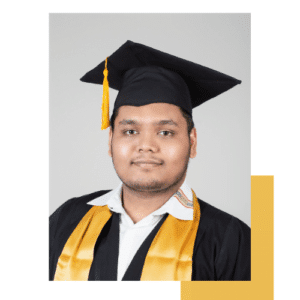
Aside from the top notch education that I had received, there’s always something planned for the students in MUFY so it’s not all work and no play. I can’t sum it all up in a sentence, but MUFY has developed me to become a better person and I’d definitely recommend this program to other people.
Monash University Foundation Year
Universal College Bangladesh
Monash University Australia
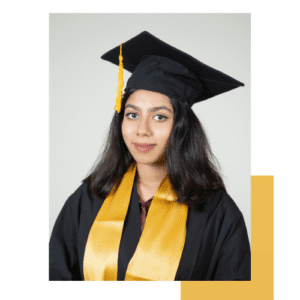
MUFY was a whole new chapter in my education. It helped me lay a solid foundation of skills to
cope with my studies at Monash, and I love how the course is structured – not just academically, not just academically, but also with extracurricular activities that built my confidence and social skills. I wouldn’t hesitate to recommend MUFY as the experience proved to be invaluable.
Monash University Foundation Year
Universal College Bangladesh

I believe UCB has been a training ground regarding what to expect when we transition to universities abroad. I have learned how the curriculum works and how to deal with people from diverse cultural backgrounds.
Monash College Graduation Convocation 2023
Universal College Bangladesh
